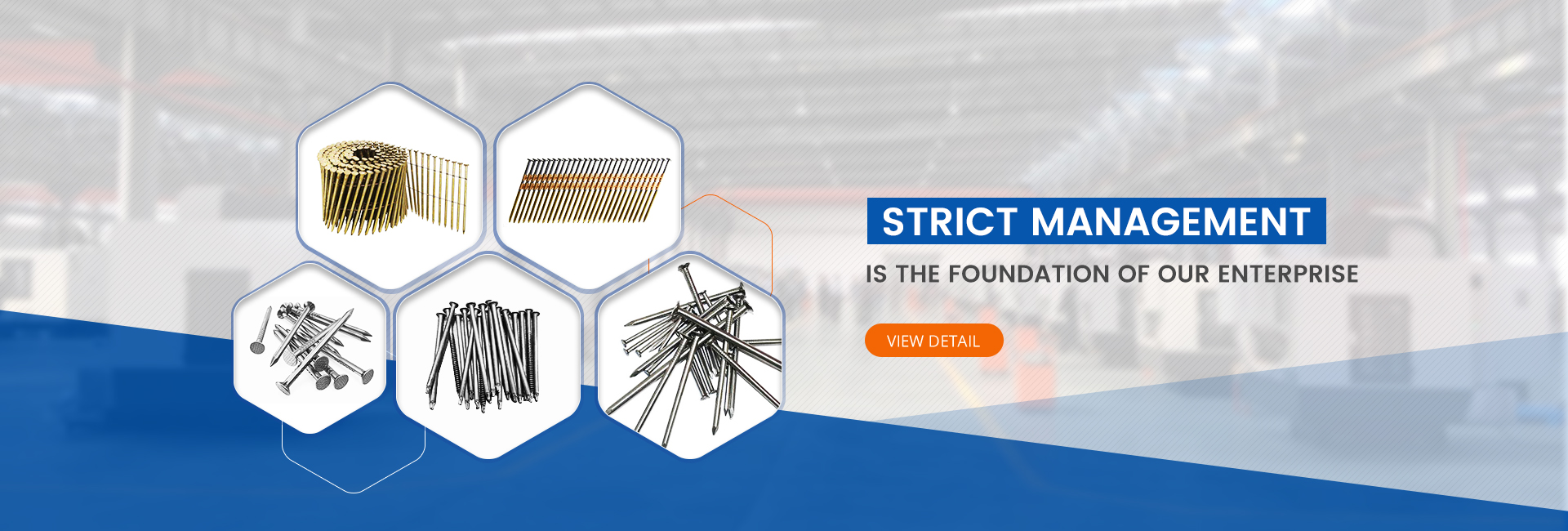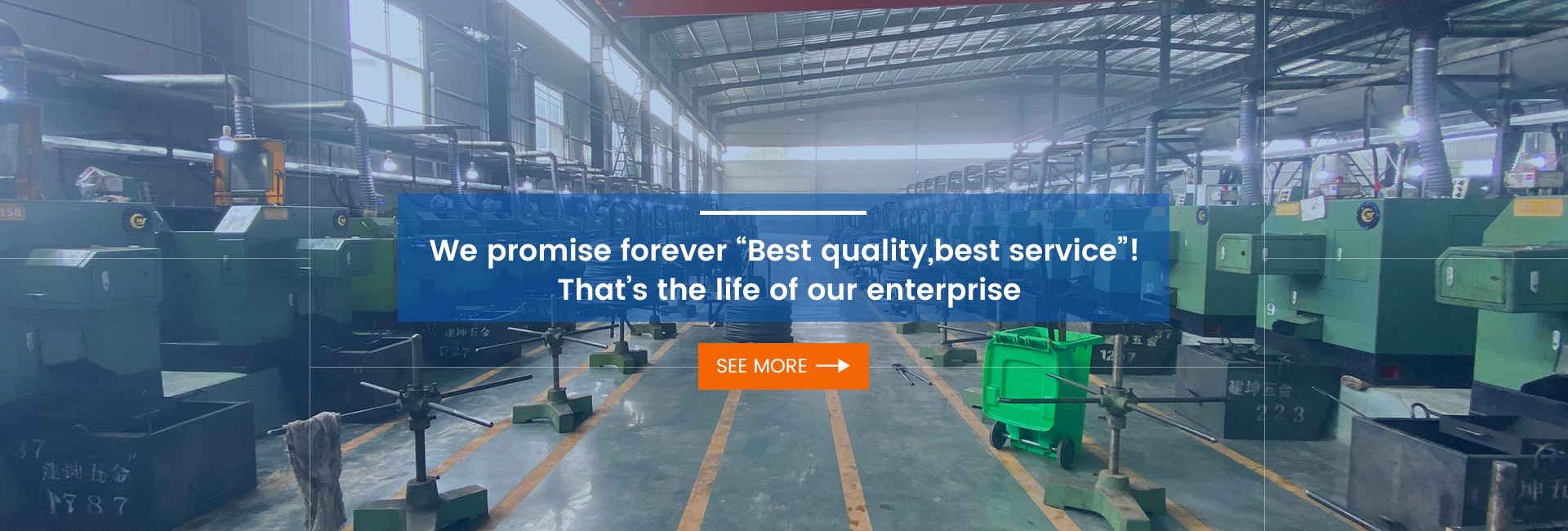In construction, woodworking, and industrial manufacturing, flat coil nails are a superior fastening solution. Their design enhances efficiency, cost-effectiveness, and structural reliability, making them ideal for large-scale projects. Let’s explore the key advantages that set them apart.
1.Increased Productivity & Faster Workflow
One of the biggest advantages of flat coil nails is their ability to significantly boost work efficiency. Unlike stick nails, which require frequent reloading, flat coil nails come in high-capacity coils, allowing for continuous nailing with minimal interruptions.
Less downtime – More nails per coil means workers can keep nailing without stopping for frequent reloads.
Smooth feeding & fewer jams – The collation system ensures smooth nail feeding, reducing jams and delays.
Perfect for high-speed applications – Ideal for roofing, siding, framing, and pallet manufacturing, where rapid, continuous nailing is essential.
For large-scale projects, every minute saved per reload translates into significant labor cost savings and improved efficiency.
2.Cost-Effectiveness & Waste Reduction
In construction and manufacturing, reducing material waste and improving cost efficiency are crucial. Flat coil nails provide multiple financial advantages:
Lower labor costs – Faster nailing speeds mean fewer workers are required, reducing overall labor expenses.
Reduced nail wastage – The efficient collation system minimizes misfires and dropped nails, cutting down on material waste.
Less wear on tools – Smooth and consistent feeding reduces wear on nail guns, lowering maintenance costs.
For businesses, these savings accumulate over time, making flat coil nails a cost-effective long-term investment.
3.Stronger Holding Power & Structural Integrity
Flat coil nails are designed to provide a secure and long-lasting hold, which is crucial for applications requiring structural integrity. Their collation and driving mechanism allow for deep penetration into materials, ensuring a strong bond that withstands external forces.
Minimized wood splitting – The smooth feeding and controlled driving depth prevent damage to materials, making them ideal for delicate or pre-finished wood applications.
Resistance to vibrations & movement – Essential for roofing, siding, and pallet manufacturing, where materials experience constant stress and handling.
Stronger shear & withdrawal resistance – Critical for applications requiring high load-bearing capacity, such as framing and decking.
By providing reliable and long-term fastening strength, flat coil nails contribute to safer and more durable constructions.
4.Versatility Across Multiple Applications
Another major advantage of flat coil nails is their wide range of applications across different industries. Their efficiency, durability, and holding power make them a preferred choice for:
Construction & Framing – Ideal for building frameworks, walls, and subflooring.
Roofing & Siding – Withstands harsh weather conditions and secures shingles and panels effectively.
Pallet & Crate Manufacturing – Essential for high-speed production lines requiring fast, durable fastening.
Fencing & Decking – Provides long-lasting structural support for outdoor installations.
This adaptability ensures that flat coil nails remain an industry staple for professionals who demand reliability and performance.
Why Choose Flat Coil Nails?
Higher efficiency & productivity – Faster work with fewer reloads.
Lower operational costs – Reduced labor, material waste, and tool wear.
Reliable fastening strength – Secure holds for structural integrity.
Versatile applications – Ideal for multiple industries and uses.
If you’re looking to upgrade your fastening process, flat coil nails are the ultimate solution for boosting efficiency and durability.
How have flat coil nails improved your projects? Share your insights in the comments!
Post time: Mar-04-2025



